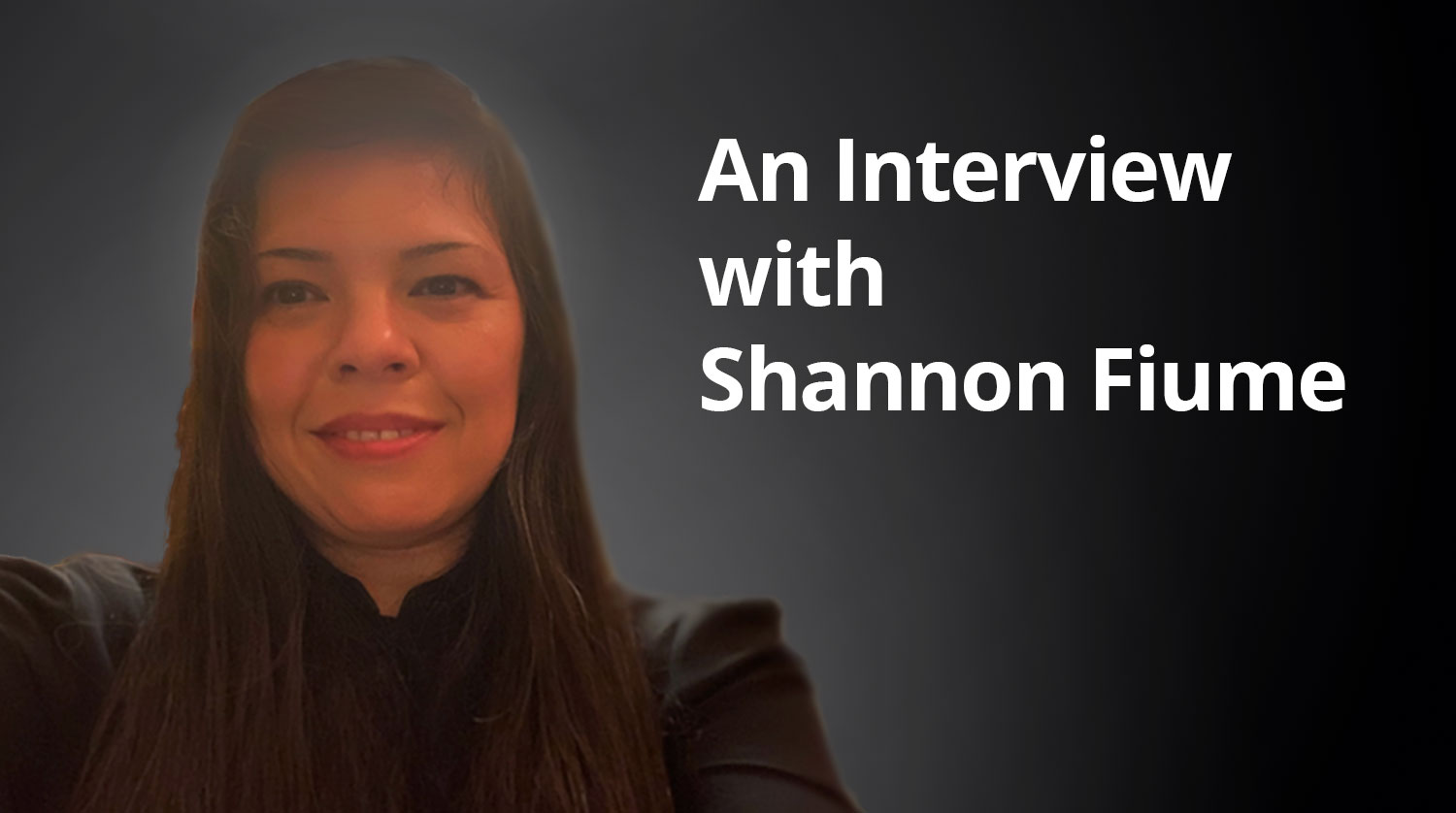Scientists agree that global warming, also called climate change which has become the climate crisis, is a problem that deserves attention. One San Francisco Bay Area woman is doing something to bring attention to the problem and solve it. “Humans need to figure out how to decouple population growth from habitat destruction to live in balance with Earth,” says scientist and startup founder Shannon Fiume, adding, “If we don’t, we won’t continue to evolve.”
Fiume is chairing the October 27th VLAB panel on carbon technology which when combined with Negative Emissions Technologies (NETs) and Nature Based Solutions (NBS) — basically eco-friendly innovations will and going electric, according to Fiume, restore the world back to what it was before humans began burning carbon.
In case you forgot what you learned in school, here’s a refresher. Carbon burning produces greenhouse gas emissions which trap heat making the planet warmer. Examples include burning oil, natural gas, or coal for fuel. Fiume says that there is a way to halt and possibly reverse the effects.
I interviewed Fiume about how carbon tech can save the world, the impact Covid has had on her work environment and advice she has for women in STEM.
Michelle: What implications does carbon tech have on changing the world?
Shannon: Carbon tech is our last hope for restoring Earth’s natural system back to what it was before humans started burning carbon. It has the ability to utilize the human emitted carbon in products at scale. That sounds grandiose, however, as a scientist I believe this to be the case.
Michelle: It sounds like carbon tech alone won’t solve the problem. Is that right?
Shannon: Yes. And to emphasize the point, a key ingredient is synthetic aggregate, a subset of carbon tech. When combined with most other solutions it holds the promise that we can reverse climate change. The synthetic stone or building aggregate can utilize billions (or gigatonnes) of tonnes of carbon in solid form. If it is allowed to reach a large scale in an eco-friendly process, it has the potential to make a radical impact.
Michelle: What has your work style been since Covid hit? Any remote work advice to offer?
Shannon: For someone that’s working on climate, not having to physically be at a meeting is a real bonus. Most times many meetings were expected to be in person. My physical work has switched to be nearly all software based. Last year, it was about 70% lab based, as in I was working on my wet bench setup, or on computers tied to expensive characterization equipment to do imaging.
Michelle: What’s your day job?
Shannon: I run an early stage startup. It’s a mix of engineering, science, and some administration. As someone that’s putting together tech that will hopefully make a company, I get to do everything till I can land enough investment to hire. My stuff is very early, and I’ve chosen to do some unorthodox methods hoping for a long term payoff. I’m doing more fundamental research which isn’t typically done in a startup.
With COVID lockdowns the labs are closed, and I had to move from my lab space last winter. Hence the move to software based work, and designing plans to create large scale carbon dioxide removal.
Michelle: What advice do you have for young females to help them be successful in the science and tech world?
Shannon: Specifically for young women, be true to yourself, and keep pushing for equality. Don’t listen to people that say science has to be done by some white dude. Adopt the rigor and solid heuristics for correctness, but leave the bulls—.
Michelle: What was your favorite subject in school and why?
Shannon: In K-12 it was science. I can’t pick a fav’ among the classes. There was always something cool and shiny to learn. In college, it was calculus. The fundamental theorem of calc is true beauty.
Michelle: Do you have any final words?
Shannon: The key to solving climate change and achieving climate justice will be if humans can cooperate to harness the most aggressive carbon tech solutions and processes, Nature Based Solutions, combined with renewable energy. Will we act in time? Visit VLAB’s site vlab.org to register for this and other events. The online events are at no charge to attendees, however, VLAB strongly suggests a donation.
Michelle McIntyre, a Silicon Valley PR consultant and IBM vet wrote this story. A #futureofwork influencer herself, she’s @fromMichelle on Twitter. Follow VLAB as well at, you guessed it, @VLAB.
